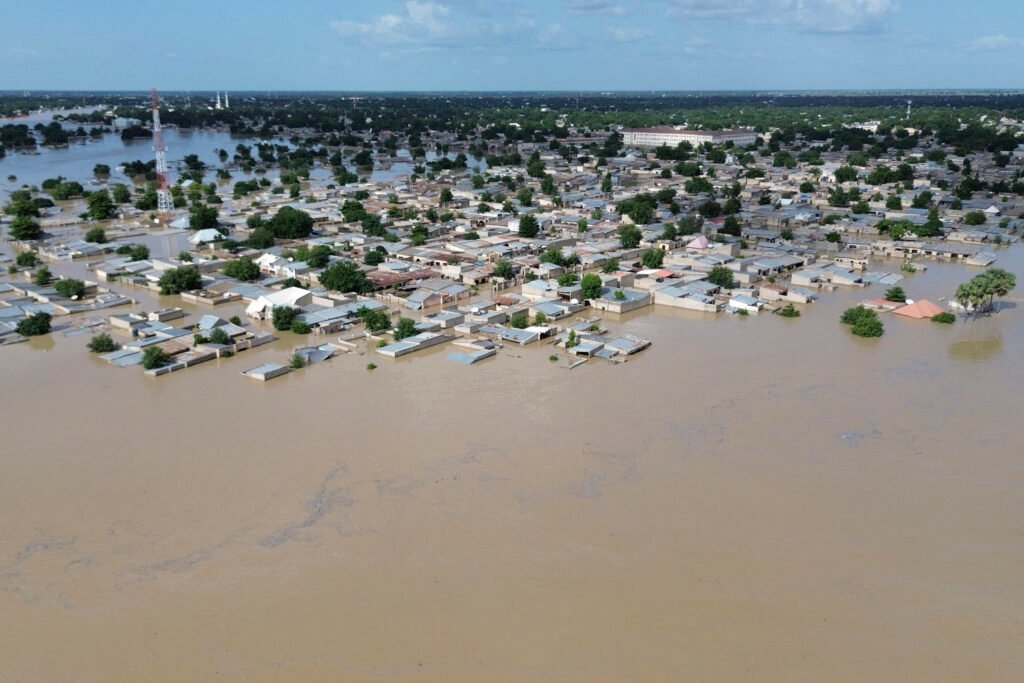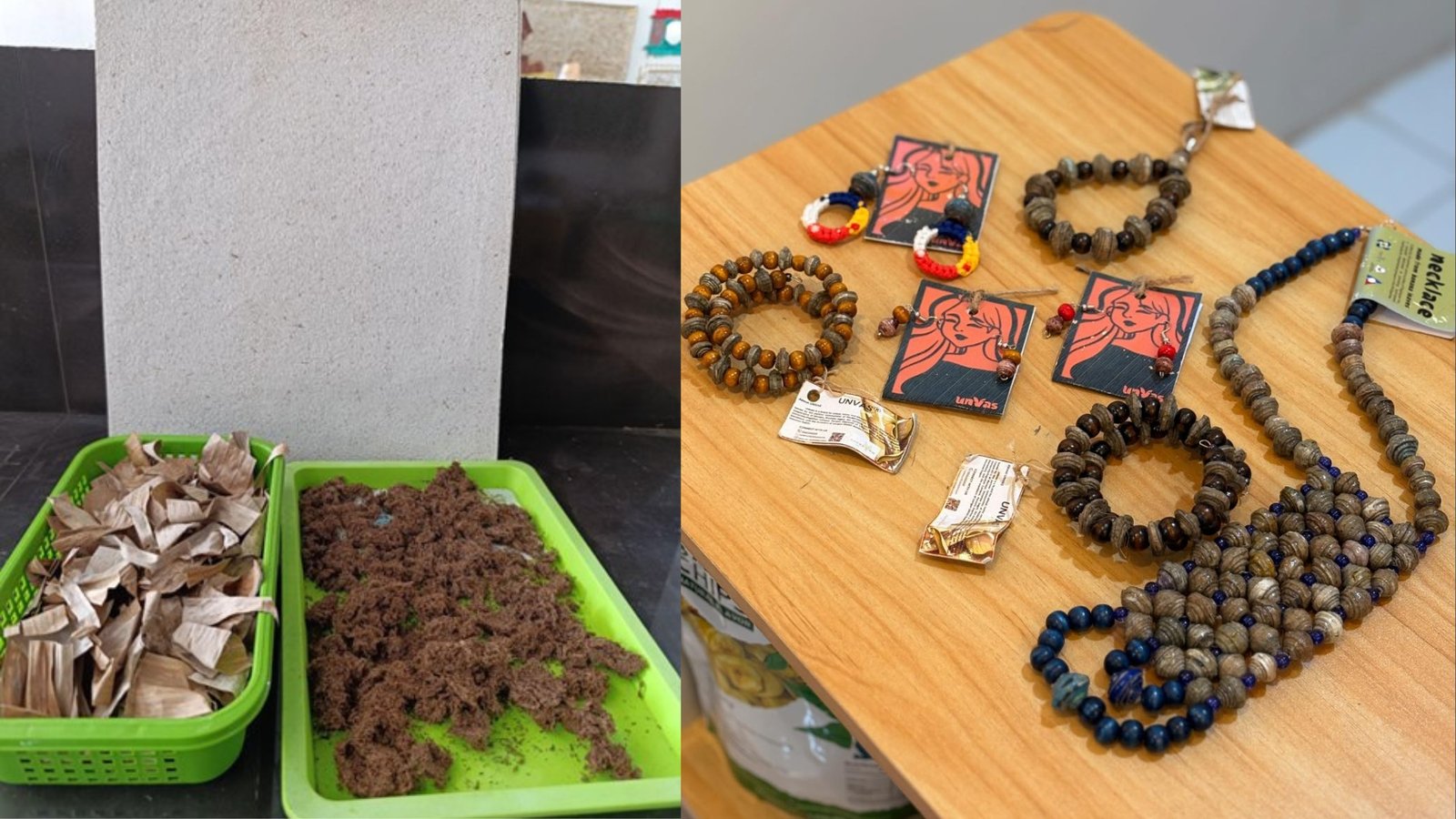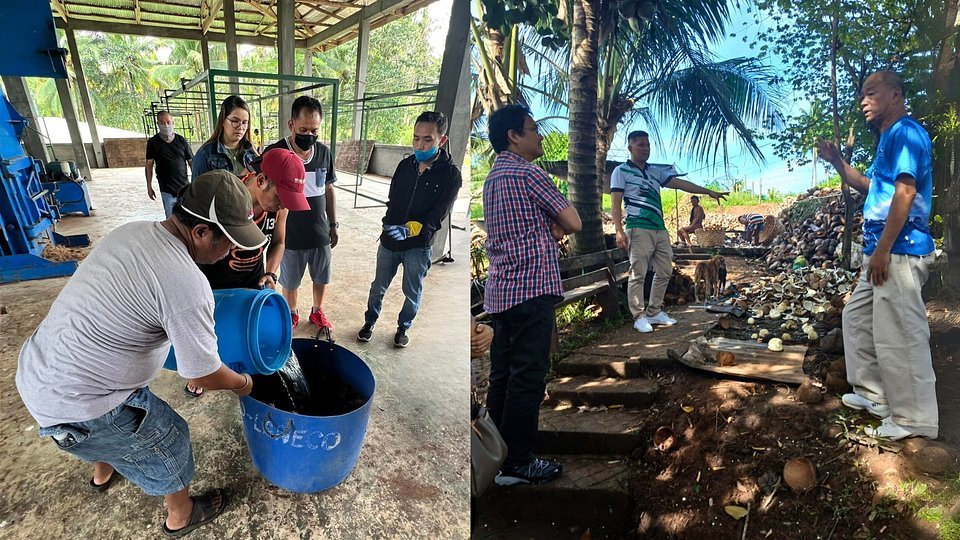
Borno State partners with AfDB and ICRC to accelerate safe and sustainable water access in Maiduguri.
The Government of Borno State, in collaboration with the African Development Bank (AfDB) and the International Committee of the Red Cross (ICRC), convened a partnership roundtable to accelerate access to safe, sustainable, and inclusive water services in Maiduguri.
The event, held on 10 September, coincided with the first anniversary of devastating floods caused by the collapse of the Alau Dam, which severely affected Maiduguri and Jere local government areas.
Challenges and context for water access
Borno State, located in Nigeria’s Lake Chad region, has endured over a decade of conflict, displacement, and rapid urban growth. Between 2006 and 2021, Maiduguri’s population more than doubled and is projected to exceed 2.5 million by 2030, placing immense pressure on water infrastructure. Public systems meet only part of the demand, forcing households to rely on unsafe and costly sources, disproportionately affecting women and children.
The roundtable brought together senior officials from the Borno State Government, the Federal Ministry of Water Resources and Sanitation, AfDB, ICRC, World Bank, Agence Française de Développement, UN agencies, diplomats, and technical experts.
Commitment from state and international partners
Mallam Bukar Tijani, Secretary to the State Government of Borno, said, “Ensuring that every citizen, regardless of location or socio-economic status, has access to safe and affordable water is a top priority. We are committed to working with the Federal Ministry, AfDB, ICRC, and other partners to bridge the gap between need and provision through technology, expertise, and sustainable financing.”
Dr. Abdul Kamara, AfDB Director General for Nigeria, emphasized the link between water, resilience, and peace: “Investing in water is central to the African Development Bank’s Strategy for Addressing Fragility and Building Resilience in Africa. Through initiatives like the Inclusive Basic Services Delivery Program and partnerships with Nigeria and the ICRC, we are helping northern Nigeria move from recurring crises to sustainable development.”
Doris El Doueihy, head of the ICRC Delegation in Nigeria, added, “The humanitarian–development link is a lifeline. We must meet urgent needs while investing in long-term resilience to prevent future crises and setbacks to development.”
Joseph Terlumun and Babarinde Segun Mukaila, representing the Federal Ministry of Water Resources, highlighted the national plan: “The Federal Government is revitalizing water supply, sanitation, and hygiene services. We must harness innovation and technology to manage water resources sustainably and ensure access for all Nigerians.”
Impact of AfDB programs and next steps
Over the past decade, AfDB has invested over $805 million in water and sanitation projects across Nigeria, improving access for at least 8 million people. In Borno State, programs have benefited 1.6 million people, including 417 interventions in Maiduguri, enhancing water access, healthcare, education, and livelihoods.
The roundtable concluded with a strong call to action. Borno State committed to establishing a steering committee and working closely with development partners to implement the project. Participants endorsed the Maiduguri Urban Water Supply Masterplan as the guiding framework for expanding safe water access and improving resilience.
Providing safe, reliable, and affordable water for Maiduguri is critical for public health, resilience, and lasting peace across northeast Nigeria.




Leave a Reply